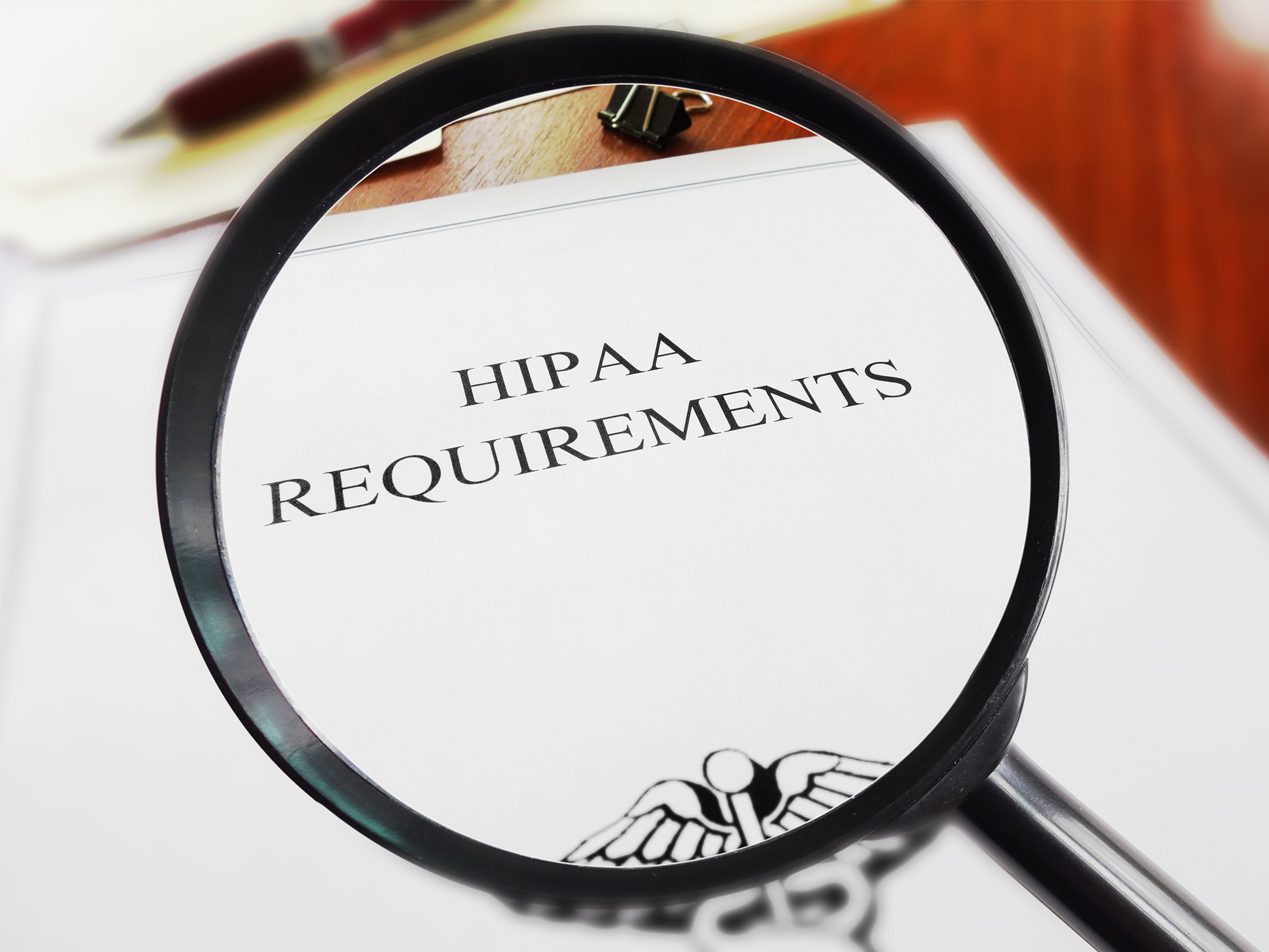2 min read
Understanding the Healthcare Fraud and Abuse Control Program
Liyanda Tembani
September 25, 2023

The Healthcare Fraud and Abuse Control Program (HCFAC) is a cornerstone of the U.S. healthcare system, committed to preserving the integrity and quality of healthcare services. Healthcare organizations are indispensable allies in achieving the program's objectives, primarily by adhering to healthcare laws and regulations, cooperating with investigations, and ensuring the security of patient data.
Understanding the Healthcare Fraud and Abuse Control Program (HCFAC)
The Healthcare Fraud and Abuse Control Program, or HCFAC, represents a collaborative effort between the U.S. Department of Health and Human Services (HHS) and the Department of Justice (DOJ). Its overarching mission is to combat fraud and abuse within the healthcare sector. HCFAC encompasses a multifaceted approach, including investigation, enforcement, education, and outreach.
At its core, HCFAC seeks to protect the integrity of federal healthcare programs, such as Medicare and Medicaid, while ensuring that the private healthcare sector maintains high ethical standards. This program plays a role in safeguarding the financial interests of the government and, by extension, taxpayers.
What is the role of healthcare organizations in HCFAC?
Healthcare organizations are integral participants in HCFAC's endeavors to uphold the integrity of the healthcare sector. HCFAC regulations extend to these organizations, underscoring the necessity of their compliance with healthcare laws and regulations.
Healthcare providers, including hospitals, clinics, physicians, and other healthcare practitioners, are directly responsible for patient care. They are subject to HCFAC regulations to ensure fair billing practices, guarantee the provision of medically necessary services, and prevent the submission of false claims.
Health plans, encompassing health insurance companies, Health Maintenance Organizations (HMOs), Medicare, Medicaid, and more, play a role in financing healthcare services. They must adhere to HCFAC regulations to safeguard public funds, prevent fraudulent claims, and provide accessible and affordable healthcare options.
Healthcare clearinghouses process and convert non-standard healthcare data into standardized formats. Their participation aids in seamless data exchange within the healthcare system. Clearinghouses must also align with HCFAC regulations to ensure data accuracy and integrity.
How HCFAC impacts healthcare organizations
Fraudulent activities can lead to inflated healthcare costs, reduced access to quality care, and jeopardized patient safety. The HCFAC's investigations and actions are instrumental in curtailing these activities, and healthcare organizations can find themselves involved when necessary.
For instance, HCFAC investigations may uncover fraudulent billing practices or illegal kickbacks. In such cases, healthcare organizations may be required to cooperate with investigators, providing access to relevant data and records. This cooperation is necessary for uncovering patterns of fraud and abuse and holding wrongdoers accountable.
Related: Medical identity theft and its impact on healthcare
Compliance and data sharing
To combat healthcare fraud and abuse, healthcare organizations must adopt a proactive stance toward compliance with HCFAC regulations. Compliance entails having robust internal programs and processes that promote ethical conduct, detect potential issues, and facilitate cooperation with HCFAC investigations when needed.
One of the aspects of compliance is data sharing. While healthcare organizations must protect patient privacy and data security under HIPAA, there are provisions allowing for the sharing of patient information when it is necessary for investigations related to healthcare fraud and abuse. Therefore, healthcare organizations must balance maintaining confidentiality and collaborating with HCFAC investigators.
Subscribe to Paubox Weekly
Every Friday we'll bring you the most important news from Paubox. Our aim is to make you smarter, faster.




